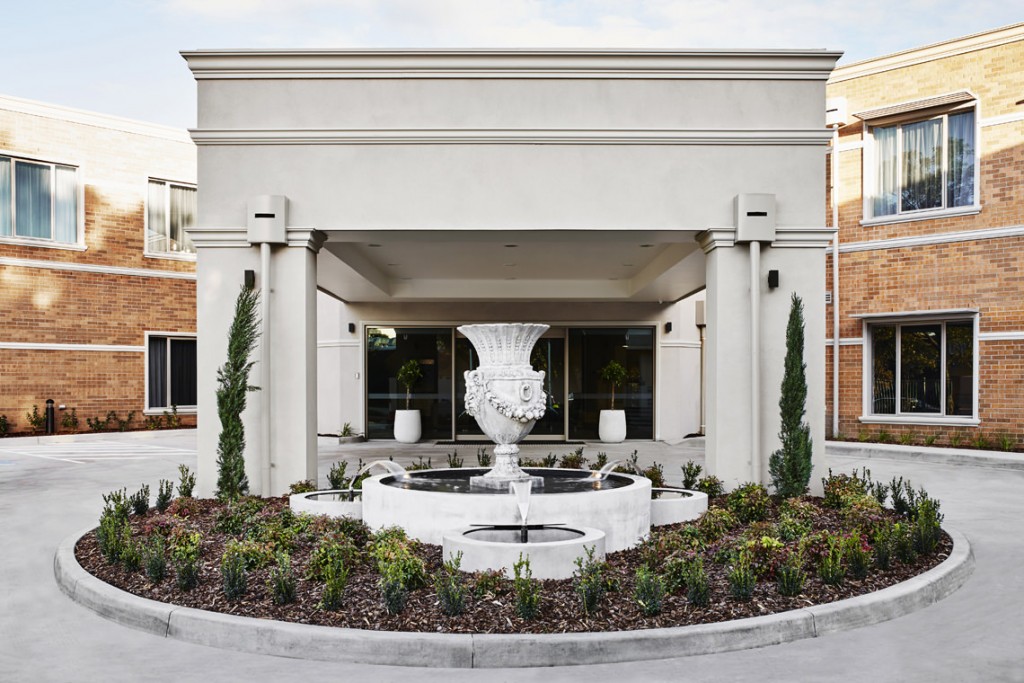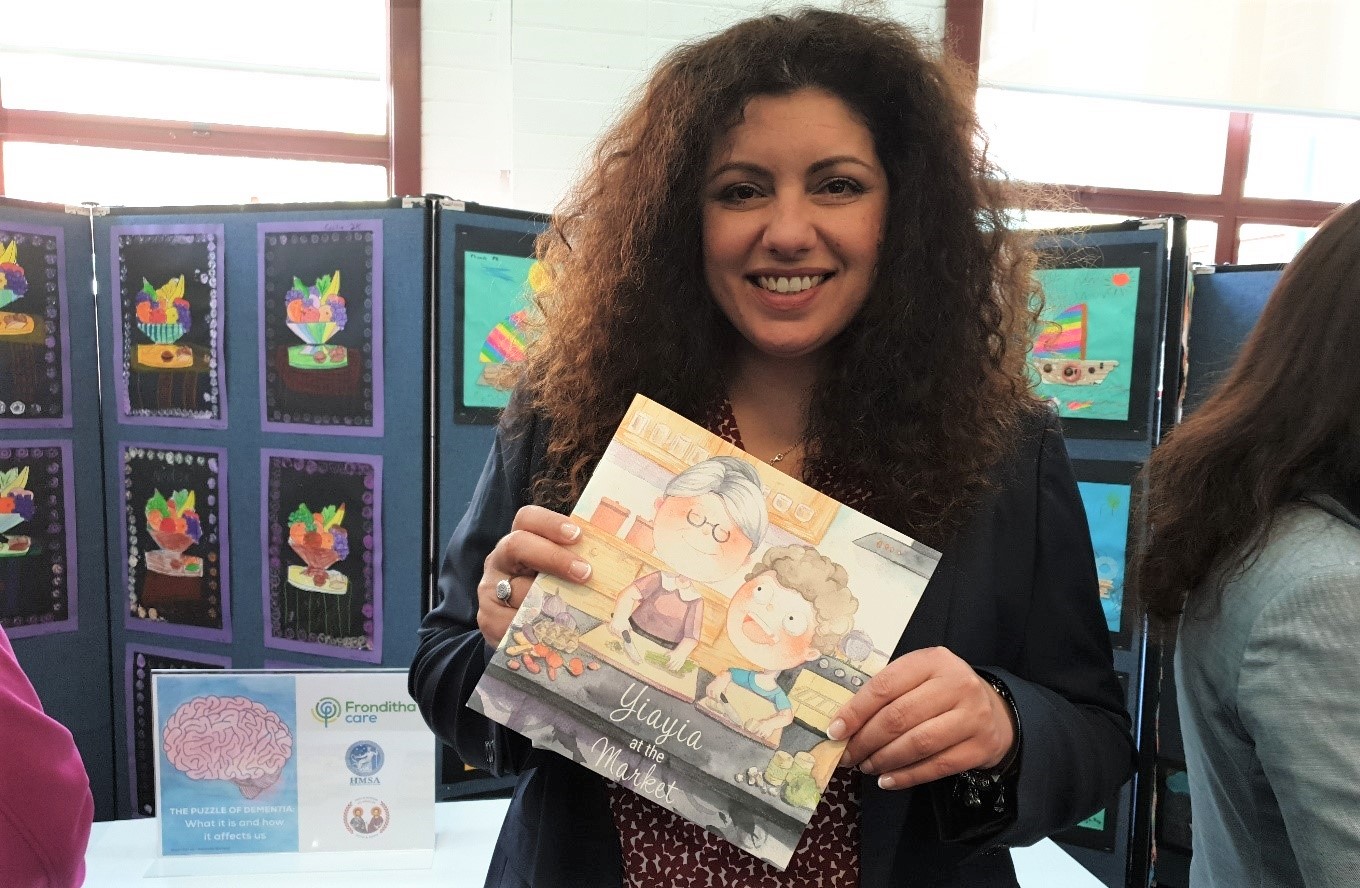Georgia Tzempetzi is no stranger to helping people with dementia. Since 2014, she is a registered nurse in Fronditha Care’s GALINI memory support unit in Clayton. A year ago, she became the Clinical Care Coordinator of the unit. With her warm smile and positive energy, Georgia tends to the medical needs of GALINI’s residents and monitors their mental health and behaviour.
“Every day I learn something new from the elders we care for that live with dementia. Their experience, perspective and resilience are invaluable, and the most rewarding part of my job,” Georgia says.
“In my unit, I have cared for elders that could still play music, sing, do art and craft activities and, most importantly, tell their life stories. Their hardships, happiness and struggles are all there, and I enjoy listening to them.”
This year, Dementia Australia’s Dementia Action Week (21-27 September) aims to raise awareness around dementia and shed light on the amazing things people with dementia can still do, such as contributing to the community, continuing to make their own choices and living a full and enriching life.
“There is a misconception that life ends when somebody is diagnosed with dementia. In reality, it’s a different stage of life,” says Georgia. “People with dementia need support, respect and dignity. Simple and little things that can make a lot of difference.”

Georgia was a young child when she first encountered people with dementia at her parents’ village in Greece. She didn’t understand why these people behaved differently, and knowledge about dementia in her social circle was limited.
“It was a strange thing to view as a child, and initially, I was scared of it,” she says.
Dementia is a collection of symptoms that are caused by disorders affecting the brain and thought process, behaviour and the ability to perform everyday tasks. Although most people with dementia are generally older, it can manifest in people as young as 40. It is the second leading cause of death in Australia, with almost half a million Australians having the diagnosis. This number is expected to double in the next twenty-five-years, unless there is a dramatic scientific discovery.
What causes dementia is still largely undetermined but scientists and medical practitioners maintain that following a healthy lifestyle, keeping a healthy weight, exercising, both mentally and physically, and avoiding cigarettes and alcohol can reduce the risk of dementia.
The signs of dementia are quite visible for trained professionals like Georgia, who claim little changes in someone’s behaviour may be indicative of the first stages of dementia.
“The most obvious symptom is the behavioural change, especially the confusion of somebody performing simple everyday tasks like making a coffee or getting dressed. Some people start to feel apathetic and then, of course, there is gradual memory loss,” Georgia explains.

“We have to bear in mind that forgetting our keys in our car isn’t necessarily linked to dementia. As we grow older, other mental conditions have similar symptoms to dementia, such as depression. That is why we always have to consult with our GP to make the appropriate diagnosis.”
For people of diverse cultural backgrounds, there are additional challenges to receiving appropriate and specialised care in Australia. Thankfully, Fronditha Care has long established and followed a care model that caters for the physical, cultural and spiritual needs of the elderly people it cares for.
Language, food and culture play a significant role in the life of the elderly. People with dementia revert to their native language, so having carers that speak their language goes a long way in enabling them to communicate their needs. The smell and taste of familiar food, foster comfort and belonging. Little things make a big difference.
“We are like a family here. I have a lot of grandparents, and I am happy to contribute to their life journey in every way I can.”
* Fronditha Care is a not-for-profit aged care organisation that is the largest provider of residential and community services to Greek Australians in Melbourne. It has a suite of services available to support those that live with dementia at home and those requiring specialised residential care. For more information, visit frondithacare.org.au, call (03) 95524100 or email info@fronditha.org.
